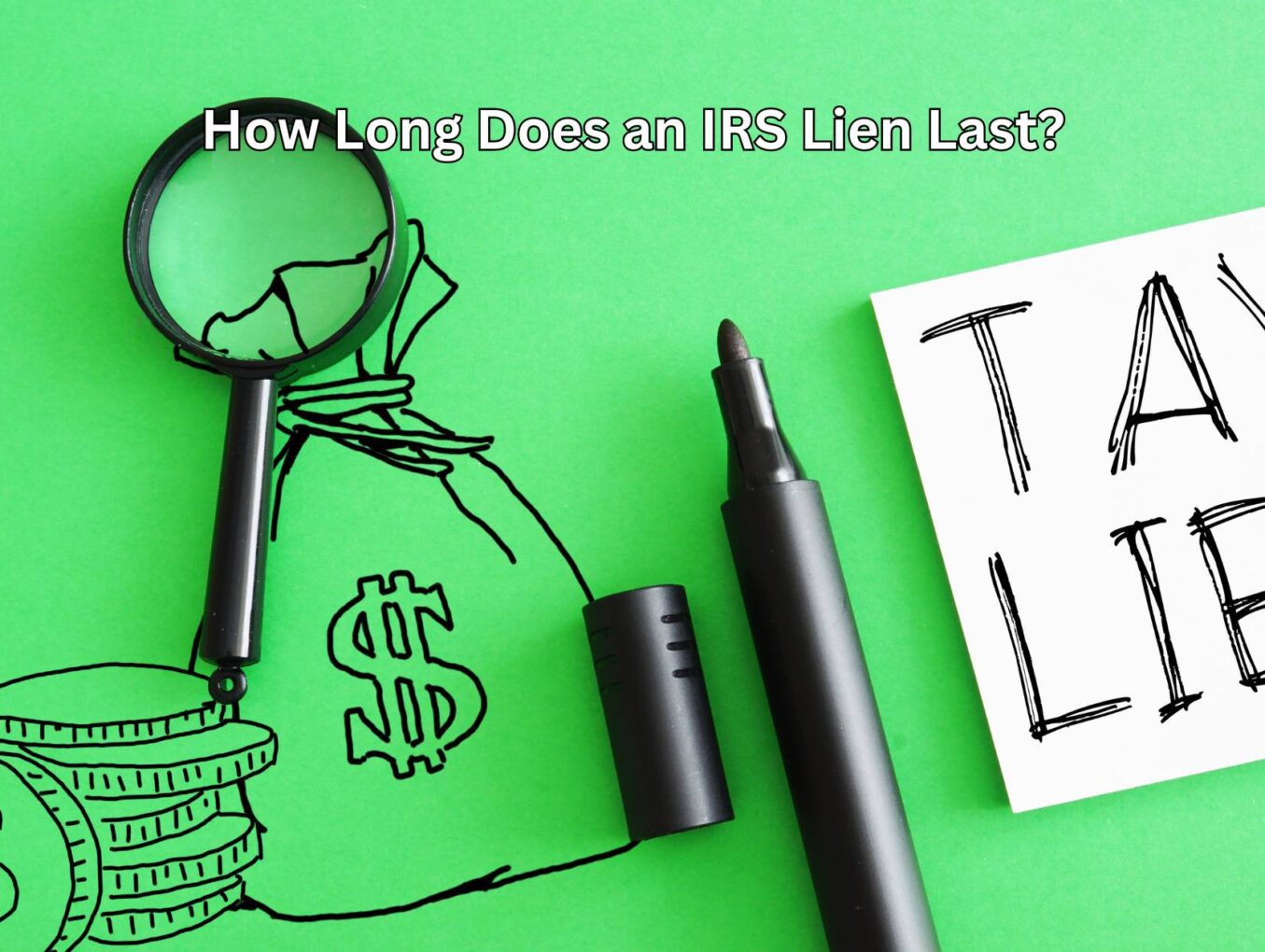When Does a Tax Lien Expire?
An IRS tax lien expires when the statute of limitations for collecting tax debt runs out. In most cases, this is 10 years from the date the IRS puts a lien on a taxpayer’s property.
Referred to as the Collection Statute Expiration Date, or CSED, this 10-year period represents the time the IRS can collect unpaid taxes, including with a lien.
An exception to the CSED date is when a taxpayer has been charged with tax evasion or fraud, then the IRS can legally continue to have the lien in effect indefinitely.
Can the IRS Extend the Duration of a Lien?
Yes, the IRS can extend a lien’s end date when a taxpayer files for bankruptcy, submits an Offer in Compromise (OIC), enters into an installment agreement, and a few other situations outlined below.
Keep in mind though that having an OIC or installment agreement before the IRS puts a lien for back taxes can prevent a lien in the first place.
When the CSED is paused the IRS can add this time to extend the expiration date of a lien.
In addition to bankruptcy and tax repayment plans, other circumstances that allow the IRS to extend the duration of a lien include:
- Living outside the US
- Requesting innocent spouse relief
- Pending litigation or appeals
- Filing a refund claim
- Having a tax return audited
- A change in financial hardship status (i.e., Currently Not Collectible)
Will the IRS Ever Refile a Tax Lien?
Yes, under certain conditions the IRS can refile a tax lien. For example, the IRS may refile a lien to secure its interest in a taxpayer’s liquid assets if the CSED is nearing the 10-year mark.
Refiling a lien in this case will give the IRS more time to collect. On the other hand, the CSED will automatically expire if the IRS does not refile a lien before the cutoff date.
Once the CSED date passes, the IRS cannot put a lien or continue with any other collections actions.
Although the appeals process is limited, a taxpayer can challenge a refiled lien. You have 30 days to request a Collection Due Process (CDP) hearing by filing Form 12153 to contest when the IRS refiles a lien.
The IRS Office of Appeals will review a lien case and either accept or reject the appeal. Taxpayers can also appeal to the U.S. Tax Court if they disagree with the Office of Appeals decision.
Does the IRS Remove a Lien If You’re On an Installment Agreement or Offer in Compromise Payment Plan?
The IRS does not automatically remove a lien if a taxpayer submits an Offer in Compromise or enters an installment agreement.
You want to have an OIC or payment plan in place before the IRS even considers a lien. When you have a lien, it will remain in place while you are making payments on your OIC or an installment agreement plan.
Although the IRS won’t remove a lien until taxes are paid in full, a taxpayer can request a lien withdrawal while on an IRS payment plan under the following circumstances:
- The balance owed is less than $25,000
- Payments are automatically withdrawn from a bank account (Direct Debit Installment Agreement)
- Three consecutive direct debit payments have been made, and the taxpayer has fully complied with tax filing and payment obligations
- The taxpayer has never defaulted on an installment agreement
When all conditions are met, taxpayers can submit Form 12277 to the IRS to request lien withdrawal.
How Long Does It Take the IRS to Remove a Lien After Taxes Have Been Paid in Full?
Once a tax debt is paid in full, the IRS will release a lien within 30 days. They will issue a Certificate of Release of Federal Tax Lien, which indicates that the lien has been removed and the taxpayer is no longer facing IRS collections.
Need more help? You can start online by answering 6 simple questions.
6 Simple Questions. Free Evaluation.

